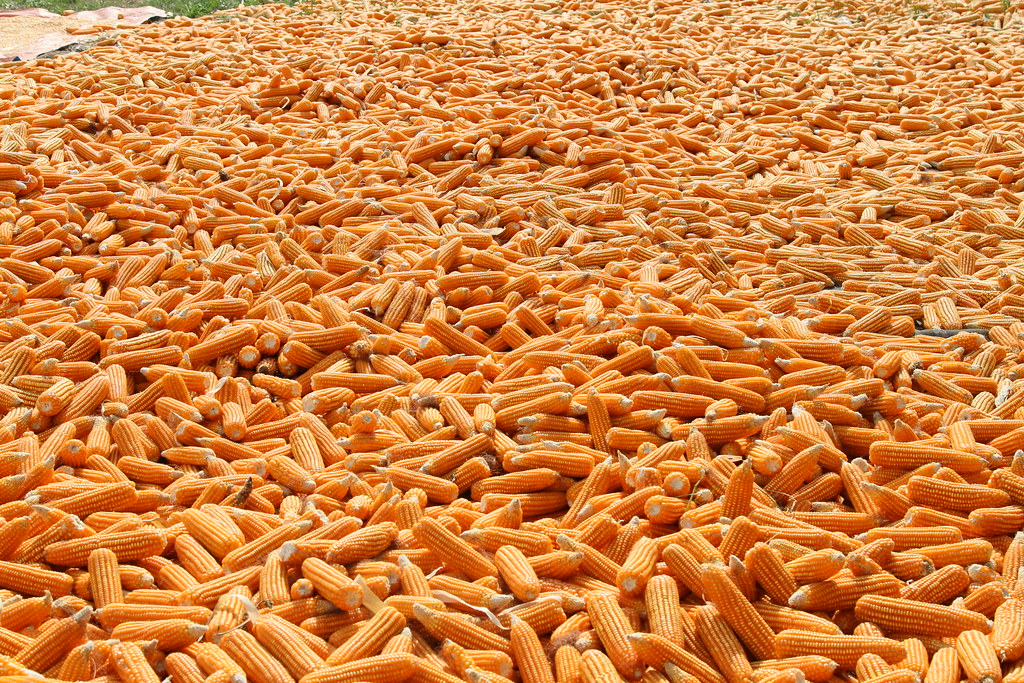
10-year Post-Market Evaluation in EU Reports No Adverse Effects by GM Maize MON810
April 29, 2020| |
A voluntary General Surveillance in Post-Market Environmental Monitoring in the European Union was conducted by Monsanto on their genetically modified (GM) maize MON810. The results of their statistical analysis on farmers' questionnaires and a broad scientific literature search revealed that there were no adverse effects associated with the cultivation of MON810 in the last 15 years.
GM maize MON810 is engineered to be resistant against the corn borer by expressing Bacillus thuringiensis protein Cry1Ab. The European Union (EU) allowed the commercialization of MON810 in the EU in 1998, for a period of 10 years. At that time, the EU did not require the conduct of General Surveillance (GS) as part of the Post-Market Environmental Monitoring (PMEM), which was required only starting in 2001. However, Monsanto opted to conduct the GS on a voluntary basis. The GS was done through farmer questionnaires, searches of relevant scientific publications, company stewardship programs, and surveillance networks with the objective of identifying the occurrence of adverse effects of MON810 or its use, which were not anticipated in the required environmental risk assessment (ERA).
The GS spanned from 2006 to 2015 and involved 2,627 farmer fields in eight European countries. The key findings of the farmers' questionnaire analysis are as follows:
- no unexpected adverse effects were observed from the cultivation of MON810;
- compared to conventional maize, MON810 was healthier and yielded better while having efficient protection against the corn borer leading to a significant reduction in the use of pesticides;
- MON810 had reduced susceptibility to disease and pests in comparison with conventional maize; and
- there were no significant differences between MON810 and conventional maize in terms of monitoring characteristics related to wildlife and the environment.
The evaluation also involved searches of peer-reviewed literature about MON810 which showed that there we no reports on any adverse effects, therefore supporting the 2007 assessment of the European Food Safety Authority which found MON810 as safe as its conventional counterpart.
The publication can be accessed in PLOS.
| |
You might also like:
- Research Reveals MON 810 and NK603 GM Maize Have No Effects on Rat Health or Metabolism
- Scientists Explain Why Pest Has Not Evolved Resistance to Bt Maize in EU
- New Insights on Safety Studies of GM organisms
Biotech Updates is a weekly newsletter of ISAAA, a not-for-profit organization. It is distributed for free to over 22,000 subscribers worldwide to inform them about the key developments in biosciences, especially in biotechnology. Your support will help us in our mission to feed the world with knowledge. You can help by donating as little as $10.
-
See more articles:
-
News from Around the World
- Global Report Reveals Scope of Food Crises as COVID-19 Poses New Risks to Vulnerable Countries
- New Video: We are ISAAA
- Rice Genetically Engineered to Resist Extreme Heat also Produces Up to 20% More Grain
- 10-year Post-Market Evaluation in EU Reports No Adverse Effects by GM Maize MON810
-
Research Highlights
- Zeaxanthin‐rich Tomato Fruit Developed Through Genetic Manipulations of Carotenoid Biosynthesis
- Brightest Engineered Plants Glow Throughout Life Cycle
-
Plant
- Genome-edited Camelina Receives Positive Response from USDA APHIS, Field Trial Proceeds
- Ag-economist Pushes for Regulatory Reforms, Renewed Public Debate on New Plant Breeding Techniques
-
Health
- FAO, IFAD, World Bank, and WFP Joint Statement on COVID-19 Impacts on Food Security and Nutrition: Countries Must Work Together to Ensure Food for All
- Nanoengineers Combine Molecular Farming and Advanced Manufacturing to Develop COVID-19 Vaccine
-
Read the latest: - Biotech Updates (April 17, 2024)
- Gene Editing Supplement (April 10, 2024)
- Gene Drive Supplement (February 22, 2023)
-
Subscribe to BU: - Share
- Tweet

